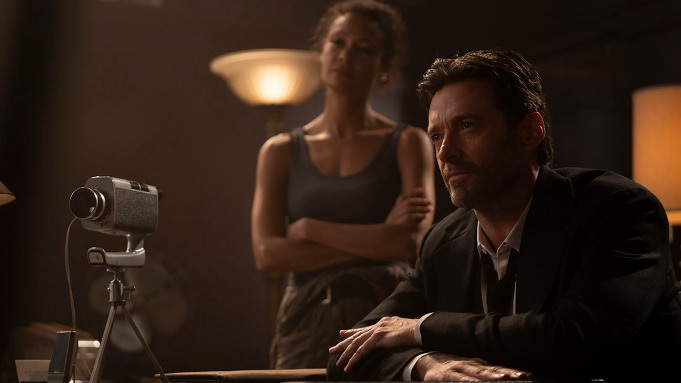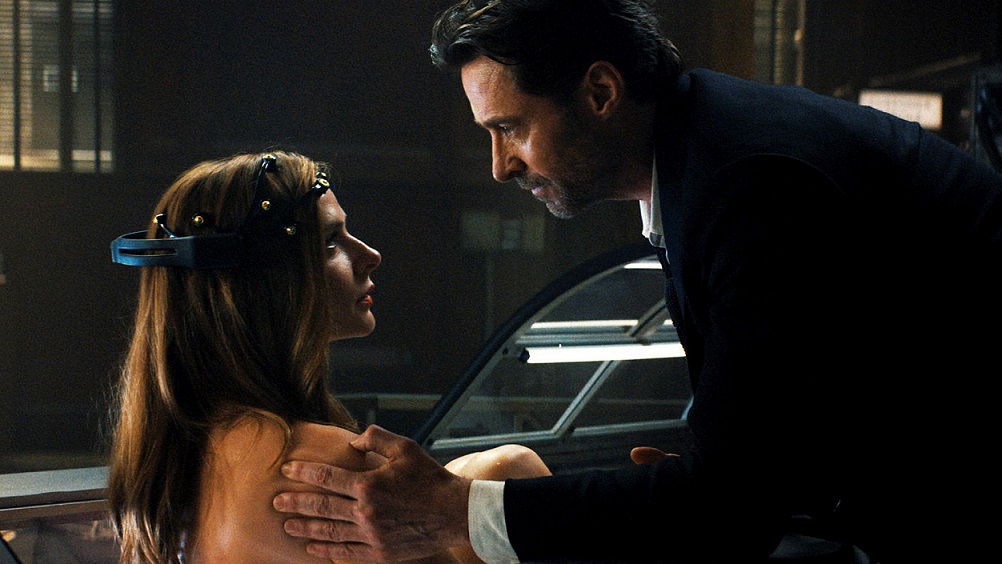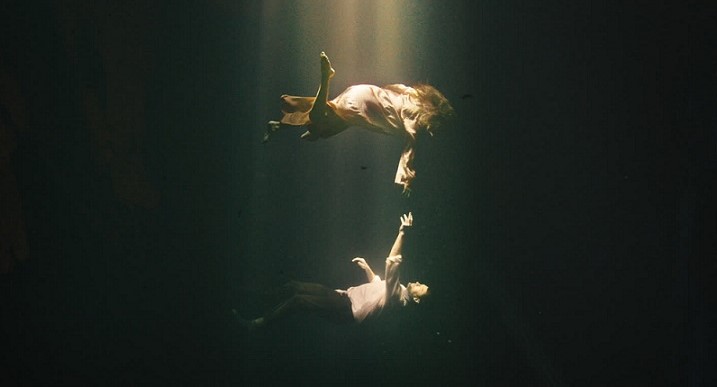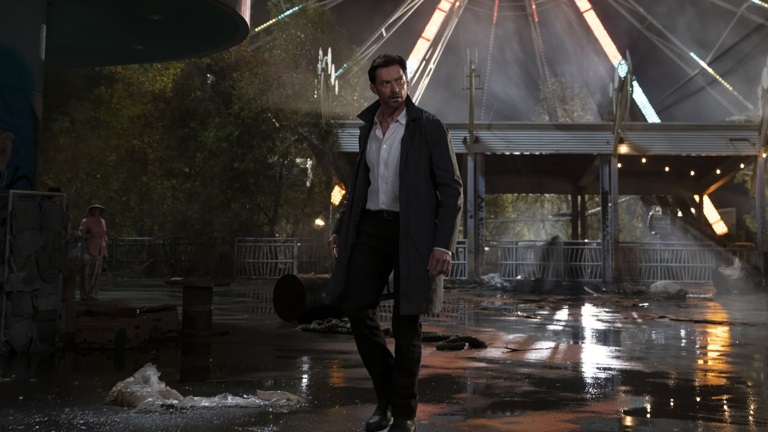
This film will be released in cinemas by Warner Bros. on August 20 and will also be available for viewing on the HBO Max streaming service.
The new neo-noir science-fiction thriller Reminiscence boasts impressive names behind the camera. This includes director/writer Lisa Joy and producer Jonathan Nolan, creators of the hit HBO series Westworld. As expected, the visuals are striking and the story offers limitless possibilities to investigate the nature, lure and fallibility of our deepest memories. There are some strong individual moments, but the narrative ultimately progresses in an overly familiar direction.

Set after a devastating war, ex-soldier Nick Bannister (Hugh Jackman) now works as a businessman in a dystopian, dilapidated and waterlogged Miami. Using elaborate technology, he and his partner Emily “Watts” Sanders (Thandie Newton) offer clients the opportunity to spend time reliving their happiest memories. Of course, the service is addictive and takes a great deal of skill to use safely. The pair also spend time working with the police and using the recollections of suspects to solve crimes. One day, a charismatic woman named Mae (Rebecca Ferguson) arrives at their office asking for assistance in helping her locate her keys. Sparks immediately fly and the two begin a romantic relationship. But soon after, Mae disappears without a trace. Nick becomes obsessed with finding out what happened to her. He is soon shocked to discover that she is connected to a local case involving a criminal.

In some respects, the movie attempts to pay homage old film noirs and employs a great deal of narration from the protagonist to the business and how it works. Some of the voice over dialogue is a bit stiff, but does help impart a lot of information quickly and also sets up a surreal environment. Jackson does his best to effectively sell the concept of how becoming addicted and focused on the past can potentially destroy one’s future. Early on, the story generates plenty of tension from the concept and Nick’s thoughts as viewers question what they are seeing and if any of it is actually happening or part of the memories of a fractured mind. We’re not quite sure if Mae is a femme fatale or an innocent victim. And there are a few interesting (if blunt) observations from Nick about the falsehood of “happy endings” in the real world.

Naturally, the film has a big water motif, from the memory chamber itself to the flooded streets of Miami. It’s all impressive to behold as characters move through or sail down city streets backed by the neon glow of signage bouncing off of the water. There are other memorable shots, including one bit that features the protagonist struggling with a figure in a submerged theater. The photography is consistently impressive and the film makes a gorgeous dystopian travelogue.
Despite all the potential to delve into the minds of the character, the screenplay instead becomes focused on solving Mae’s disappearance. And as things progress, certain elements become more and more preposterous. When a district attorney questions a suspect in a case, Nick takes over the procedure without much retribution. The plot gets bogged down as the protagonist learns more about the Mae’s history and the individuals that she crossed paths with. In fact, just about every client of Nick ends up being connected in some way to the woman. It becomes an increasingly tough sell. And when all is ultimately revealed, the motivations of the antagonist end up feeling bland and conventional.

Reminiscence wants to update classic film noirs by interjecting fresh and modern technology into the mix. However, in many respects the story could have also used an upgrade. With all of the great material involving twisted memories and its effects on our psyche, one wishes that the screenplay hadn’t decided to emphasize the traditional crime story element. The movie has its moments, but by the final reel it all ends up feeling a big soggy.


